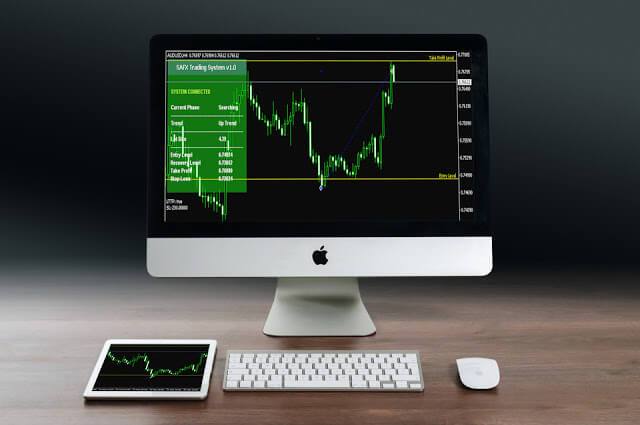An intraday trader is an individual or entity that engages in buying and selling financial instruments within the same trading day. Intraday trading, also known as day trading, involves taking advantage of short-term price fluctuations in order to make profits. This type of trading requires careful analysis, quick decision-making skills, and a deep understanding of market trends.
One of the key characteristics of an intraday trader is the ability to react swiftly to market movements. Intraday traders closely monitor price charts, volume data, and other relevant indicators to identify potential opportunities. They use technical analysis tools to predict price movements and determine entry and exit points for their trades.
Risk management is a crucial aspect of intraday trading. Traders must set strict stop-loss orders to limit potential losses in case the market moves against their positions. Additionally, they often employ leverage to amplify their gains, but this strategy also increases the level of risk. Successful intraday traders carefully calculate the risk-reward ratio before placing any trades.
Intraday traders typically focus on highly liquid markets with high trading volumes. These markets include stocks, currencies, commodities, and indices. The liquidity of these markets ensures that traders can enter and exit positions quickly without significant slippage.
The role of technology in intraday trading cannot be underestimated. Advanced trading platforms provide intraday traders with real-time market data, customizable charts, and a wide range of technical indicators. These tools enable traders to make informed decisions and execute trades efficiently. Moreover, algorithmic trading has gained popularity among intraday traders, allowing them to automate their strategies and exploit market inefficiencies.
Intraday trading requires discipline and emotional control. Traders must overcome the temptation to make impulsive decisions based on emotions such as fear or greed. A well-defined trading plan, adherence to risk management principles, and the ability to stick to predetermined strategies are essential for long-term success.
Financial literacy and continuous learning are also key factors for an intraday trader. Markets are dynamic and constantly evolving, so it is crucial to stay updated with the latest news, economic indicators, and industry trends. Intraday traders often invest time and effort in expanding their knowledge through books, courses, seminars, and online resources.
While intraday trading can be highly profitable, it is not without risks. Market volatility, unexpected events, and sudden price movements can lead to substantial losses. Therefore, aspiring intraday traders should consider starting with a small capital and gradually increase their exposure as they gain experience and confidence.
In conclusion, an intraday trader is an individual or entity that engages in buying and selling financial instruments within the same trading day. This form of trading requires quick decision-making skills, technical analysis expertise, and the ability to manage risk effectively. By utilizing advanced technology, adhering to disciplined trading strategies, and continuously improving their financial literacy, intraday traders aim to capitalize on short-term market fluctuations. However, it is essential to acknowledge the inherent risks associated with this type of trading and implement appropriate risk management practices.











Comments